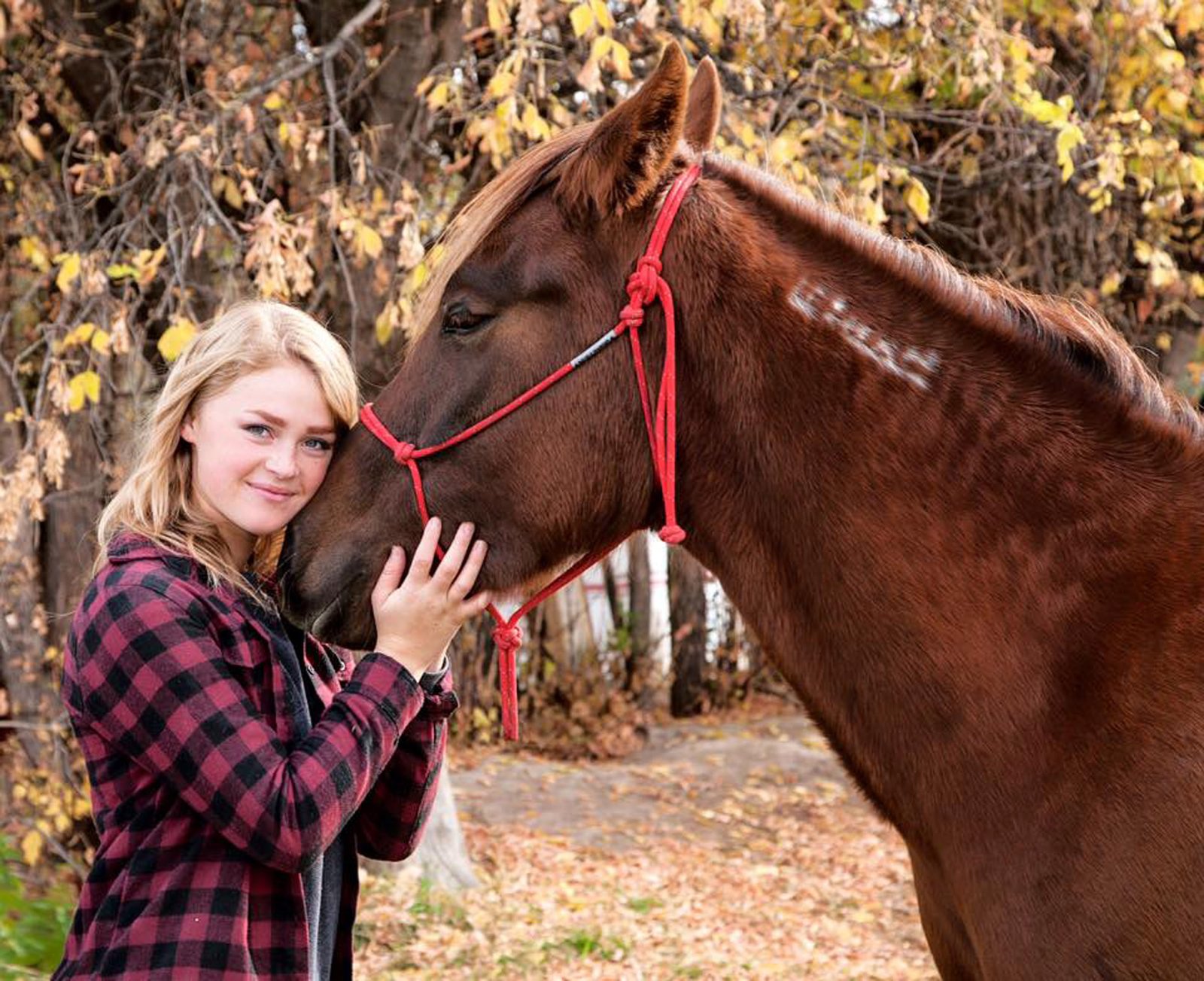The bond between humans and horses has been celebrated for centuries. This connection is not just about companionship or utility; it delves deeper into emotional healing and personal growth. Horses possess a unique ability to touch our lives in profound ways. Whether through therapy, sport, or simple companionship, these majestic animals have an uncanny knack for helping humans heal and thrive.
The Emotional Connection Between Humans and Horses
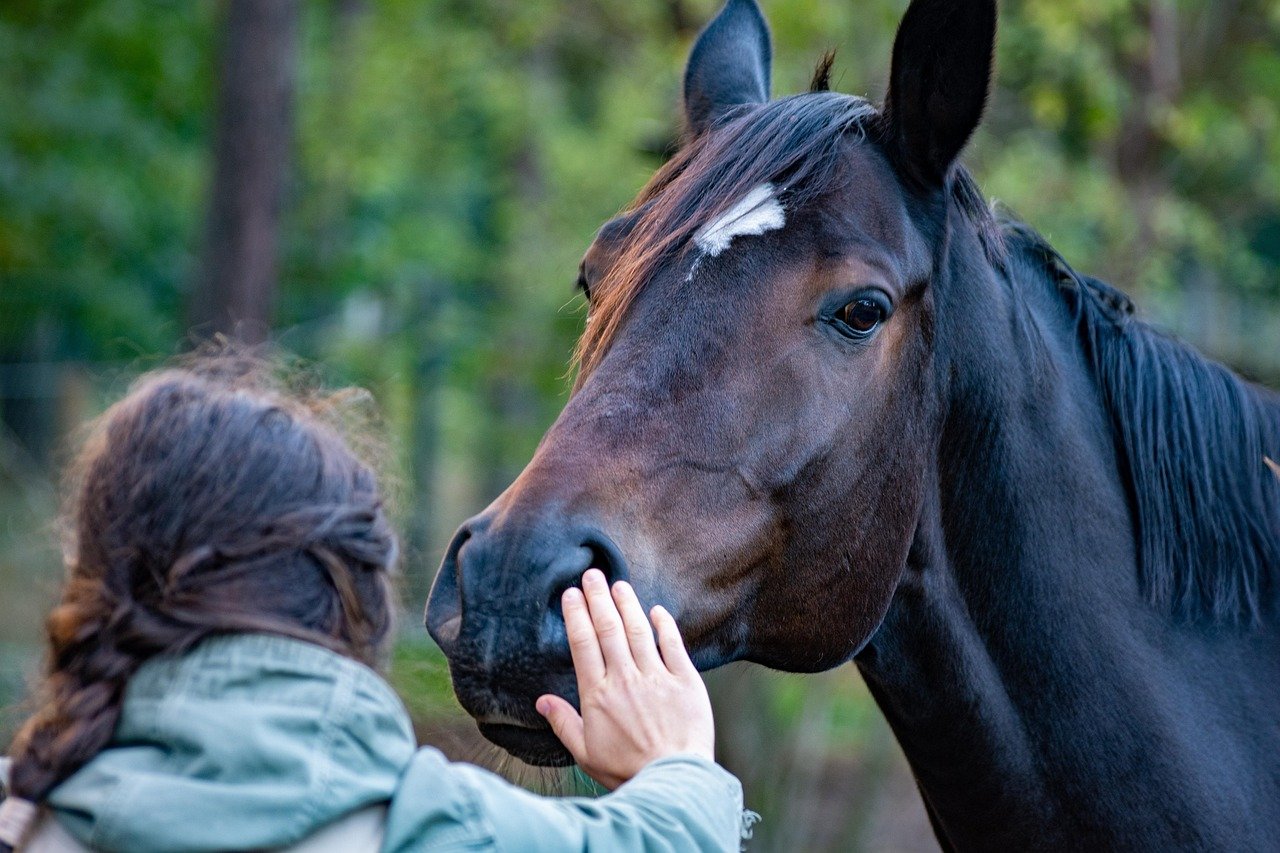
Horses have an extraordinary ability to tune into human emotions. They are intuitive creatures that can sense our feelings, often mirroring them back to us. This emotional connection is why they are highly effective in therapeutic settings. When a person feels anxious or stressed, horses can sense this and respond in a calming manner. This interaction encourages individuals to be present and mindful, reducing anxiety and promoting emotional healing. The non-judgmental presence of a horse offers a safe space for individuals to express themselves, fostering a deeper emotional connection.
Equine-Assisted Therapy: Healing Through Interaction
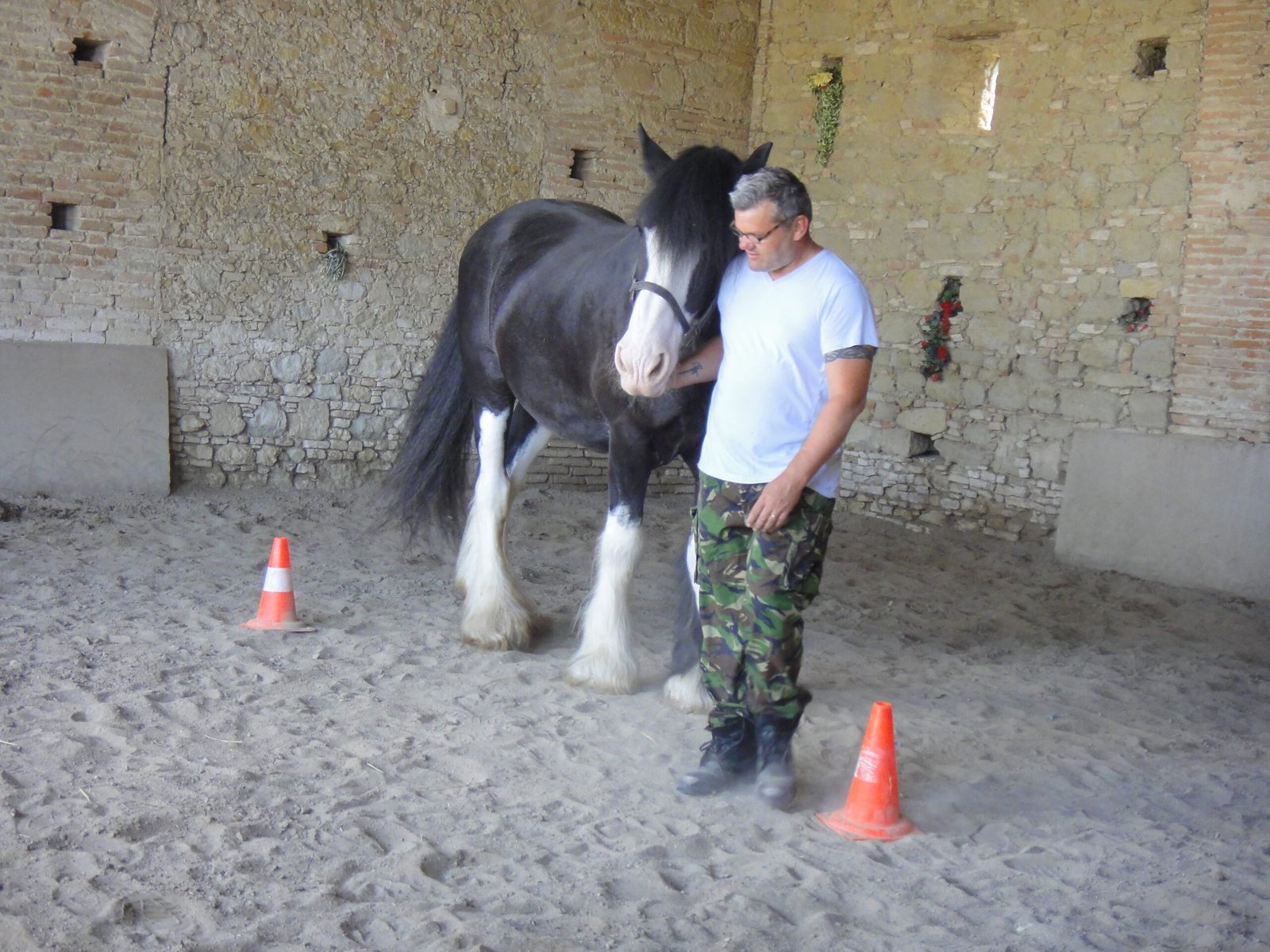
Equine-Assisted Therapy (EAT) is a remarkable form of therapy that involves interaction with horses to promote emotional growth and healing. This therapy is beneficial for people dealing with a variety of issues such as PTSD, depression, and anxiety. The process typically involves grooming, leading, or riding horses, allowing participants to build trust, improve communication skills, and develop self-awareness. By working with horses, individuals learn to overcome fears and build confidence, translating these skills into their daily lives. The therapeutic benefits of EAT are profound, offering a unique approach to healing that is both effective and meaningful.
Physical Benefits of Horse Riding
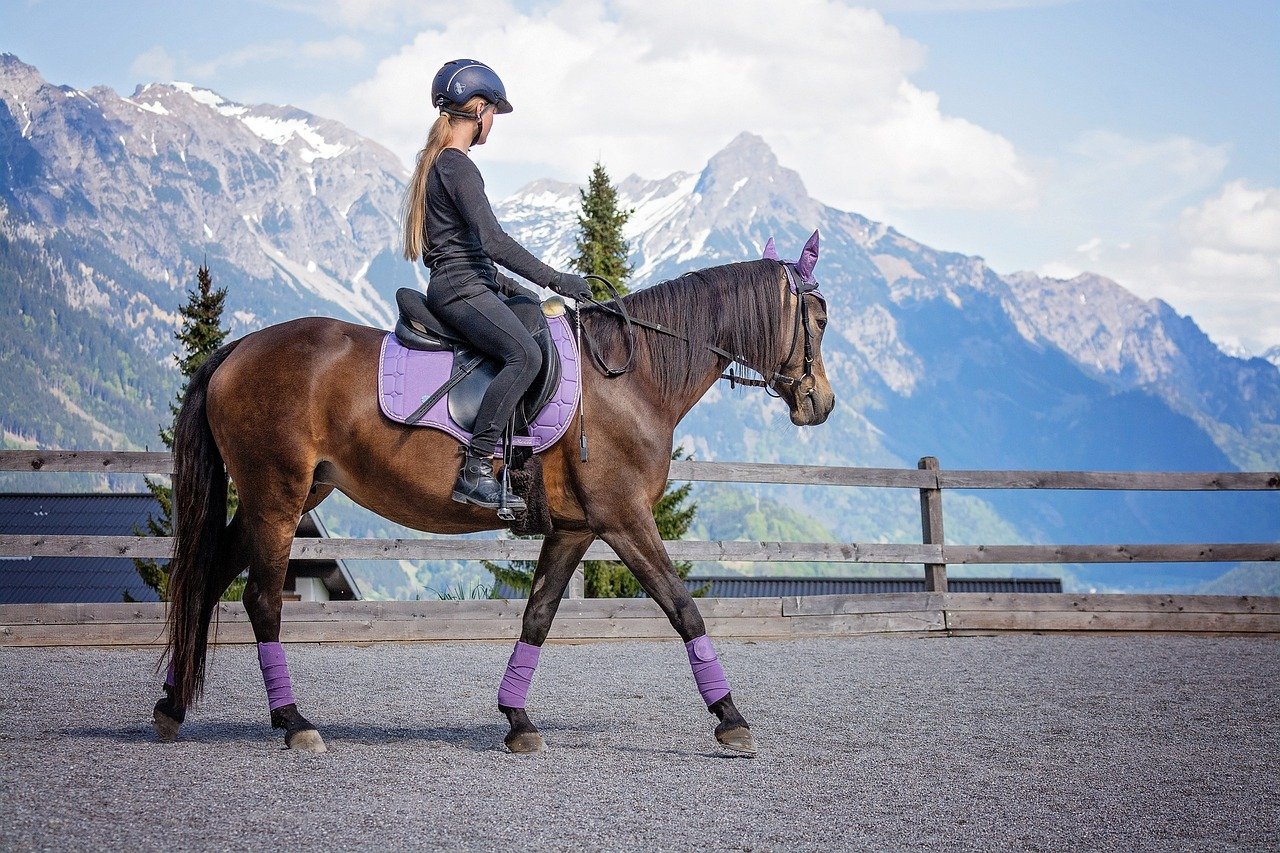
Horse riding is not only a mental exercise but also a physical one. It requires balance, coordination, and core strength, making it an excellent form of physical activity. Riding a horse engages multiple muscle groups, promoting overall fitness and flexibility. For individuals with physical disabilities, therapeutic riding can improve muscle tone, posture, and mobility. The rhythmic movement of the horse provides a soothing effect, often referred to as “hippotherapy,” which helps in rehabilitation and physical therapy. Riding a horse can be likened to a full-body workout that is both enjoyable and therapeutic.
Building Trust and Communication Skills
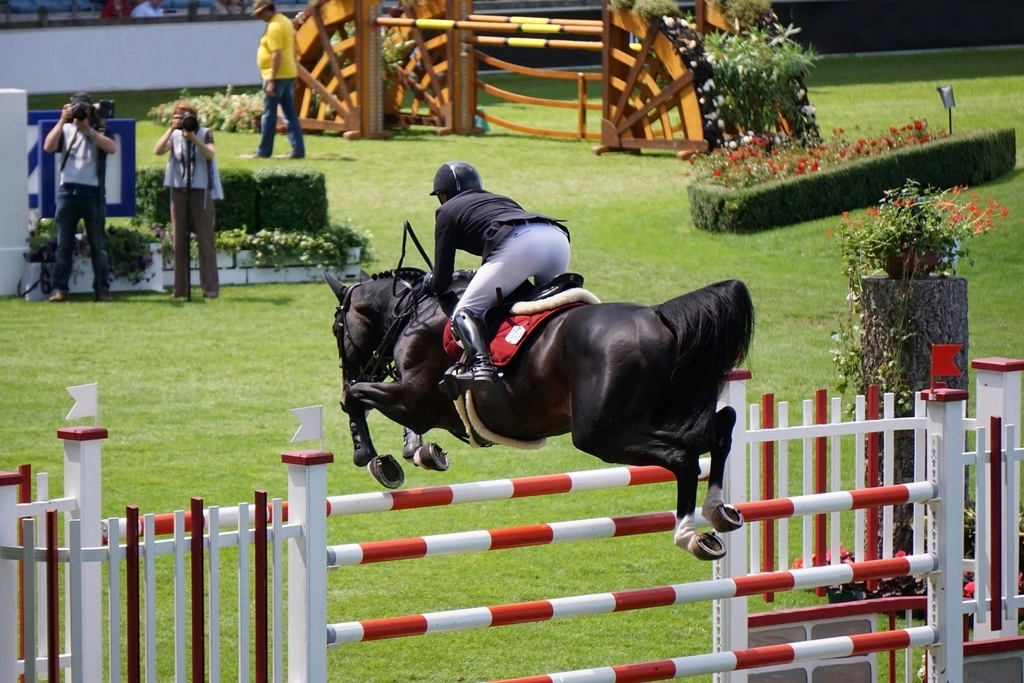
Working with horses requires clear communication and trust. Horses respond to body language and tone of voice, teaching individuals how to communicate effectively without words. This non-verbal communication builds trust between the horse and the handler. In the process, individuals learn patience, empathy, and leadership skills. These lessons are invaluable and can be applied to personal and professional relationships. By learning to communicate with horses, individuals develop better interpersonal skills, enhancing their ability to connect with others in meaningful ways.
Enhancing Mental Well-being Through Horse Interaction
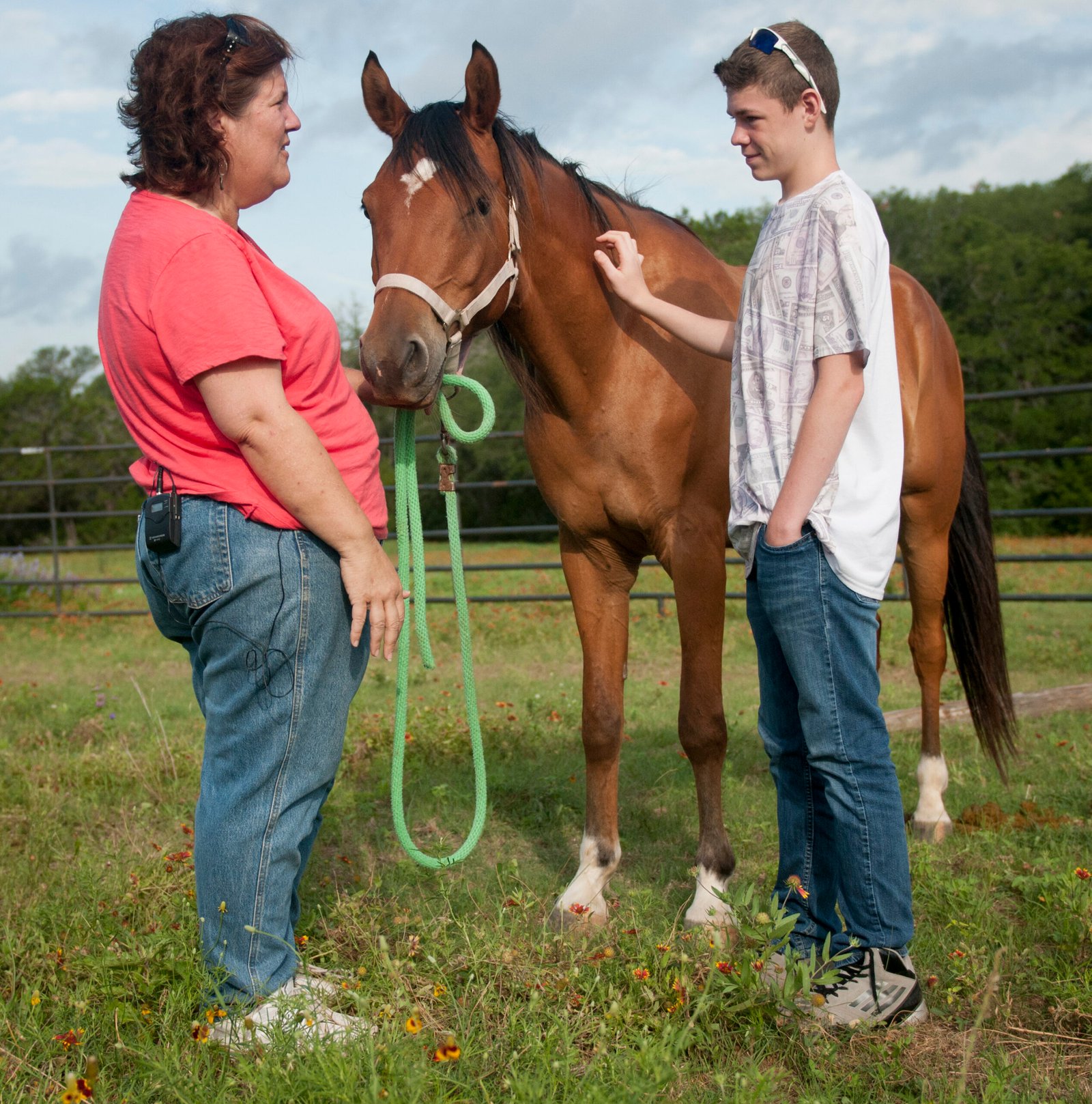
Spending time with horses can significantly boost mental well-being. The serene presence of a horse has a calming effect, reducing stress and promoting relaxation. This interaction encourages mindfulness, allowing individuals to focus on the present moment. The routine of caring for a horse, such as grooming and feeding, provides a sense of purpose and responsibility, contributing to a positive mental state. For those struggling with mental health issues, the companionship of a horse can be a source of comfort and support, enhancing overall well-being.
Horses as Companions: The Joy of Friendship
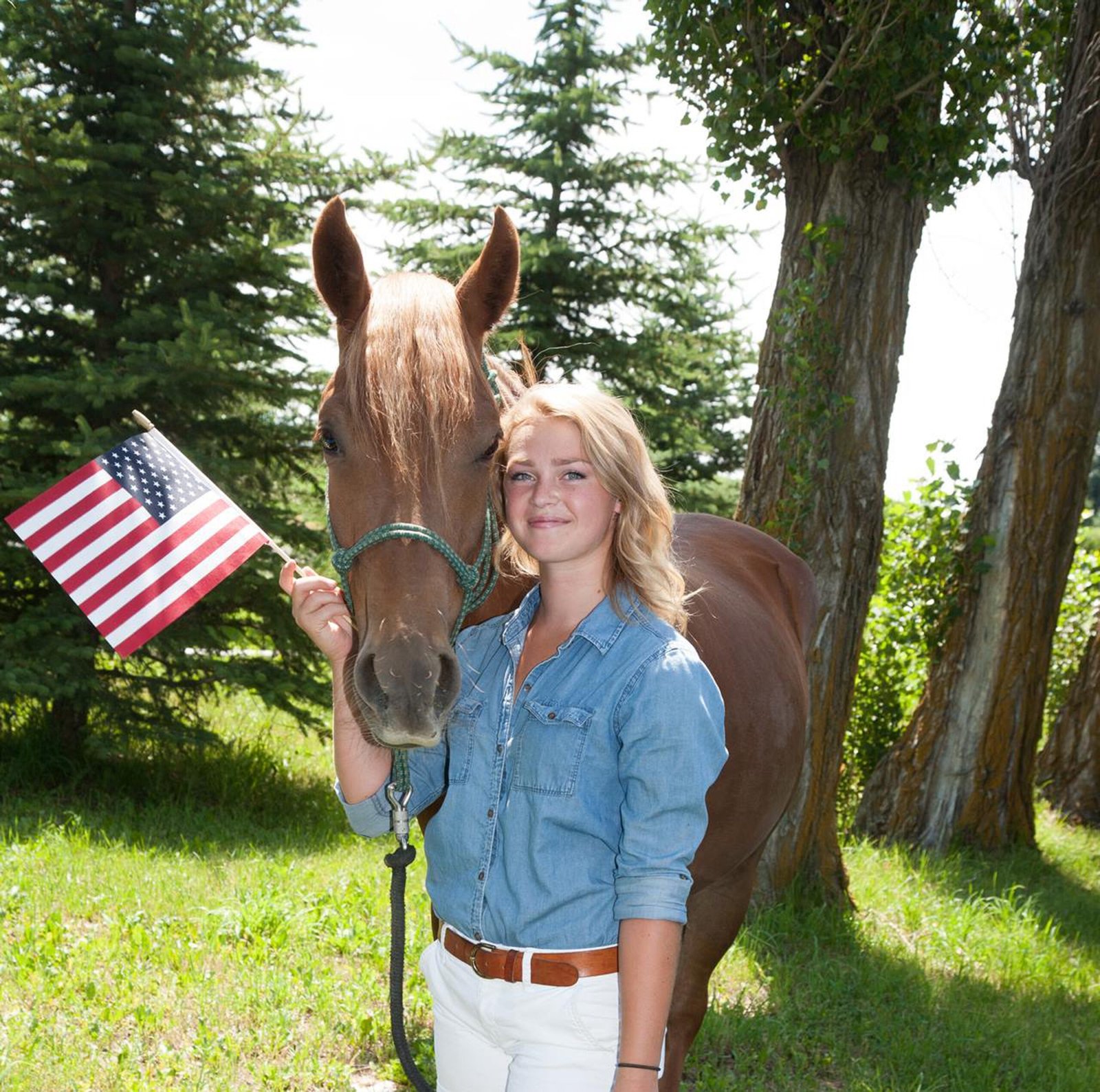
Horses make exceptional companions, offering loyalty and friendship that can be deeply fulfilling. The bond between a human and a horse is unique, built on mutual respect and understanding. This companionship brings joy and happiness, providing an escape from the stresses of everyday life. Many people find solace in the simple act of spending time with their horse, whether it’s riding through a trail or simply sitting together in silence. The friendship of a horse is a reminder of the beauty of connection and the joy it can bring to our lives.
Horses in Sports: Building Discipline and Confidence

Participating in equestrian sports can be a transformative experience. Riding competitively requires discipline, dedication, and focus, qualities that extend beyond the riding arena. Equestrian sports build confidence as riders develop skills and achieve their goals. The partnership between horse and rider is crucial, emphasizing teamwork and trust. This dynamic helps individuals grow personally, instilling a sense of achievement and pride. For many, the thrill of competing and the bond with their horse is a source of immense satisfaction and personal growth.
Cultivating Empathy and Compassion Through Horse Care
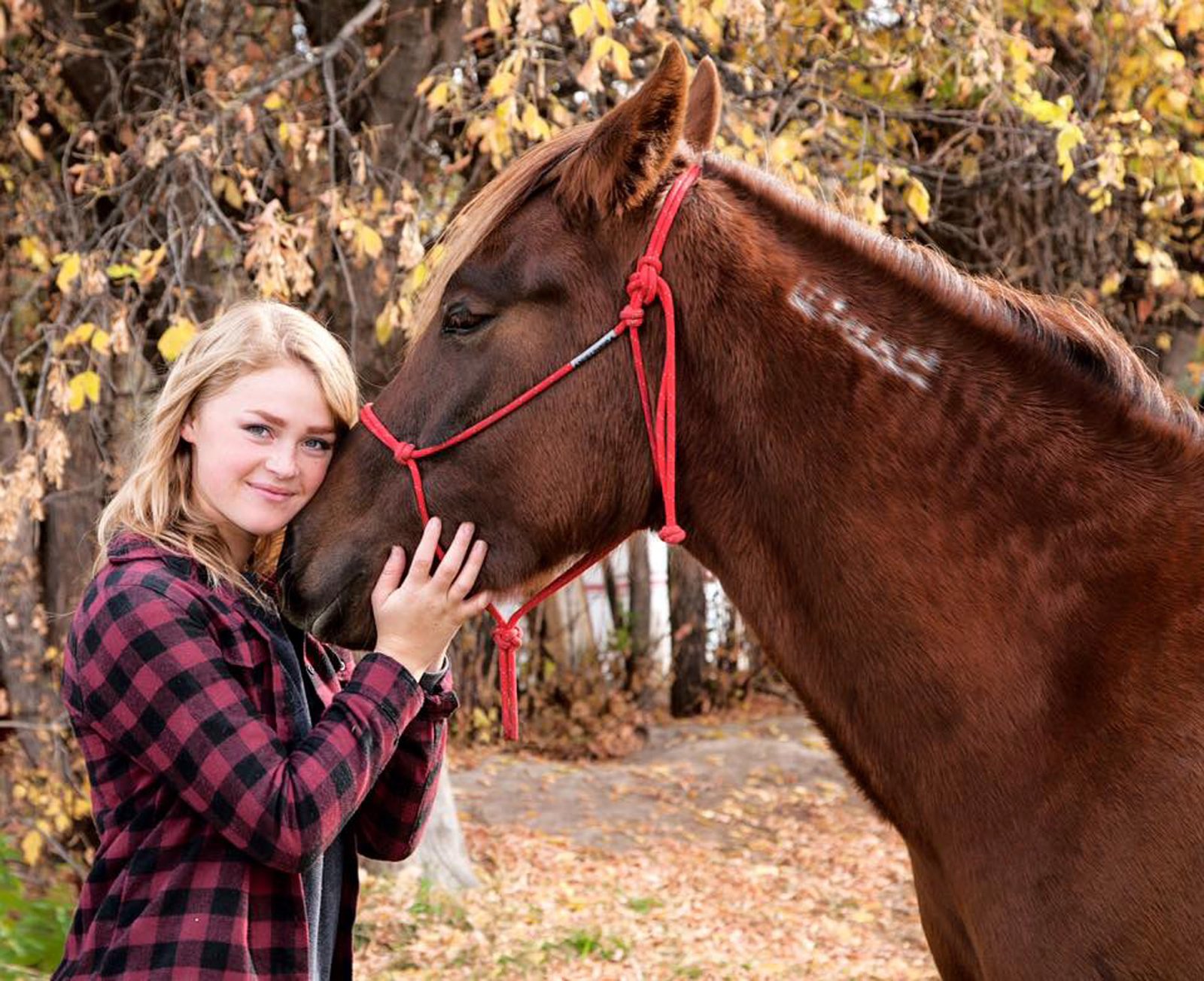
Caring for a horse requires empathy and compassion. Tending to a horse’s needs fosters a sense of responsibility and nurturing. This care teaches individuals to be attentive to the needs of others, cultivating compassion and understanding. The daily routine of feeding, grooming, and caring for a horse encourages mindfulness and dedication. These acts of kindness extend beyond the stable, influencing how individuals interact with the world around them. By caring for a horse, individuals learn the value of empathy, a quality that enhances their relationships and enriches their lives.
In conclusion, horses are more than just animals; they are healers, teachers, and friends. Their ability to connect with humans on an emotional and physical level is unparalleled. Whether through therapy, sport, or companionship, horses have a profound impact on our lives, helping us heal and thrive. The lessons we learn from these magnificent creatures are invaluable, reminding us of the importance of connection, empathy, and the joy of living in the moment.

Linnea is a born and bred Swede but spends as much time as possible in Cape Town, South Africa. This is mainly due to Cape Town’s extraordinary scenery, wildlife, and atmosphere (in other words, because Cape Town is heaven on earth.) That being said, Sweden’s majestic forests forever hold a special place in her heart. Linnea spends as much time as she can close to the ocean collecting sea shells or in the park admiring puppies.

